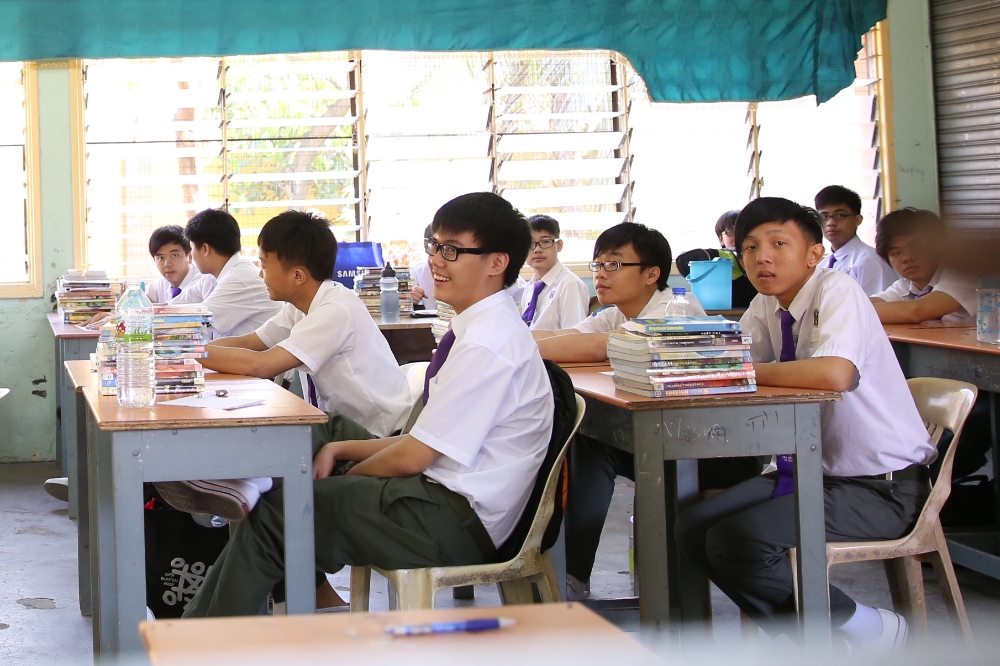KUALA LUMPUR, Oct 15 ― Even though Malaysians stay an average of 10 years in school, students have three years of schooling that do not contribute to their educational achievement, a Khazanah Research Institute (KRI) report said.
The research outfit’s “The State of Households 2018: Different Realities” said one way to assess education quality was to adjust actual schooling years to learning outcomes indicated by a country’s performance in internationally-comparable test scores, like the Trends in International Mathematics and Science Study (TIMSS).

According to the report, Malaysia’s gap between actual schooling years and quality-adjusted schooling years in 2015 ― based on the country’s TIMSS Math score ― was 3.1 years, compared to Thailand’s 3.2 years, Sweden (2.4), the United States (2.3), United Kingdom (2.2), Japan (0.8), Hong Kong (0.6), or South Korea (0.4).
KRI also highlighted the poor performances of Malaysian students in the Programme for International Student Assessment (PISA), another internationally-comparable test.
PISA in 2015 showed that the mean reading score for Malaysia was only at the 25th percentile for the OECD average score, while Malaysia’s mathematics score only hovered slightly above the 25th percentile.
“This observation indicates that the learning outcomes of the education system in this country lags the outcome of advanced countries. If Malaysia is to embark on the journey to be an advanced nation, it is essential to develop an education system that guarantees high-quality human capital development,” said KRI.

The KRI report noted that Malaysia’s public expenditure on education grew from RM500 million in 1970 to RM55.6 billion in 2016, comprising between 18 per cent and 26 per cent of total current government expenditure in that period.
However, compared to other countries, Malaysian government spending on education per total number of secondary school students was still relatively low, registering at US$2,525 (RM10,489) in 2016.
Advanced nations in comparison spent much more, like South Korea (US$6,508), Singapore (US$9,357), or Japan (US$10,397).



















